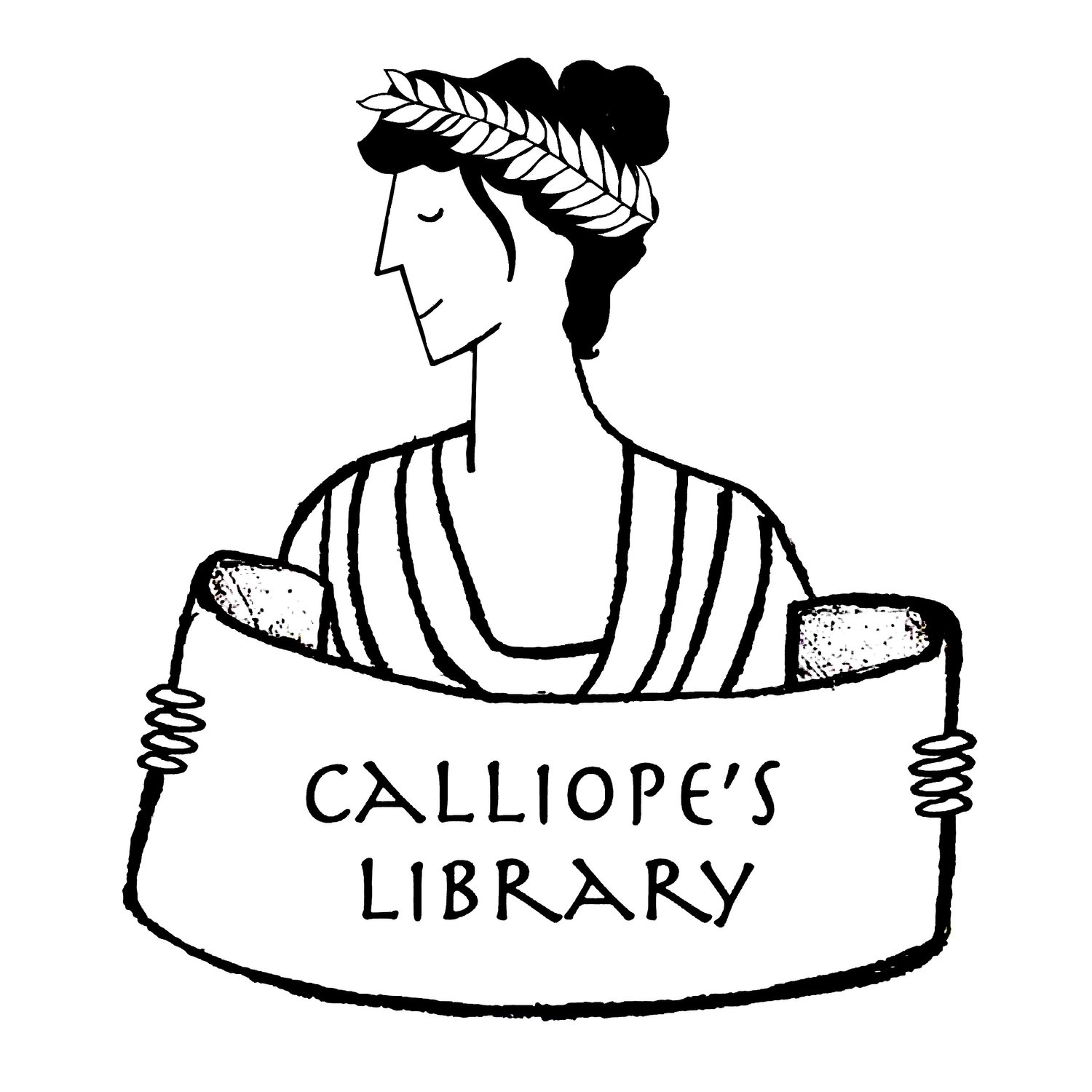Title: The Olympians: Dionysos: The New God (vol. 12)
Author : George O’Connor
Illustrator: George O’Connor
Date: 2022
Tags: Young adult, Graphic novel, Mythology, Dionysus, Hestia, Semele, Pentheus and the Bacchae, Dionysus and the pirates, Ancient worlds, Racially/Ethnically diverse, LGBTQIA+, Gender diverse, English
Readers interested in a scholarly approach to children’s literature may consult this title on Our Mythical Childhood Survey*
In this final installment of George O'Connor’s Olympians series, Hestia narrates, so that the oldest and the youngest gods are paired just as they are in ancient mythology. Dionysos’ story starts out tragically, with the sudden death of his mother and his second birth from his father’s thigh. Madness, death, and destruction follow him wherever he goes, until he learns to control his divinity. After that, the myths take a more hopeful turn, as Dionysos becomes a new kind of god with a more forgiving approach to humanity.
O’Connor makes some bold and really excellent choices in this volume. He has Dionysos switch genders from girl to boy in his youth, in a nod to the god’s well-demonstrated gender fluidity in ancient literature. O’Connor also revisits many stories that ended abruptly in earlier volumes, which allows him to tie up loose ends and reinforce his main theme that Dionysos is the god of second chances. Finally, O’Connor emphasizes that Dionysos is also the only god to have also been human, and as such is the only god who understands the human condition. In the ancient world, Dionysos was a god of rebirth as well as a harvest god, and that aspect of his character plays a major role in O’Connor’s approach. He is the most merciful of the Olympians, even if his mercy still comes with a hard edge.
A final thought on the series, as this is the last book. Definitely make sure to read the Author’s Note and the G[r]eek notes at the end of every volume. They give great insight into the myths and O’Connor’s creative process. I especially loved that he cites all the ancient artwork that he used as references. – Krishni Burns
* For further information on the Our Mythical Childhood Survey, please refer to the website of the project “Our Mythical Childhood” [link: http://omc.obta.al.uw.edu.pl/], led by Prof. Katarzyna Marciniak at the Faculty of “Artes Liberales,” University of Warsaw, Poland, with the participation of Bar Ilan University, University of New England, University of Roehampton, University of Yaoundé 1, and other affiliated scholars, within the funding from the European Research Council (ERC) under the European Union’s Horizon 2020 Research and Innovation Programme (grant agreement No 681202).














